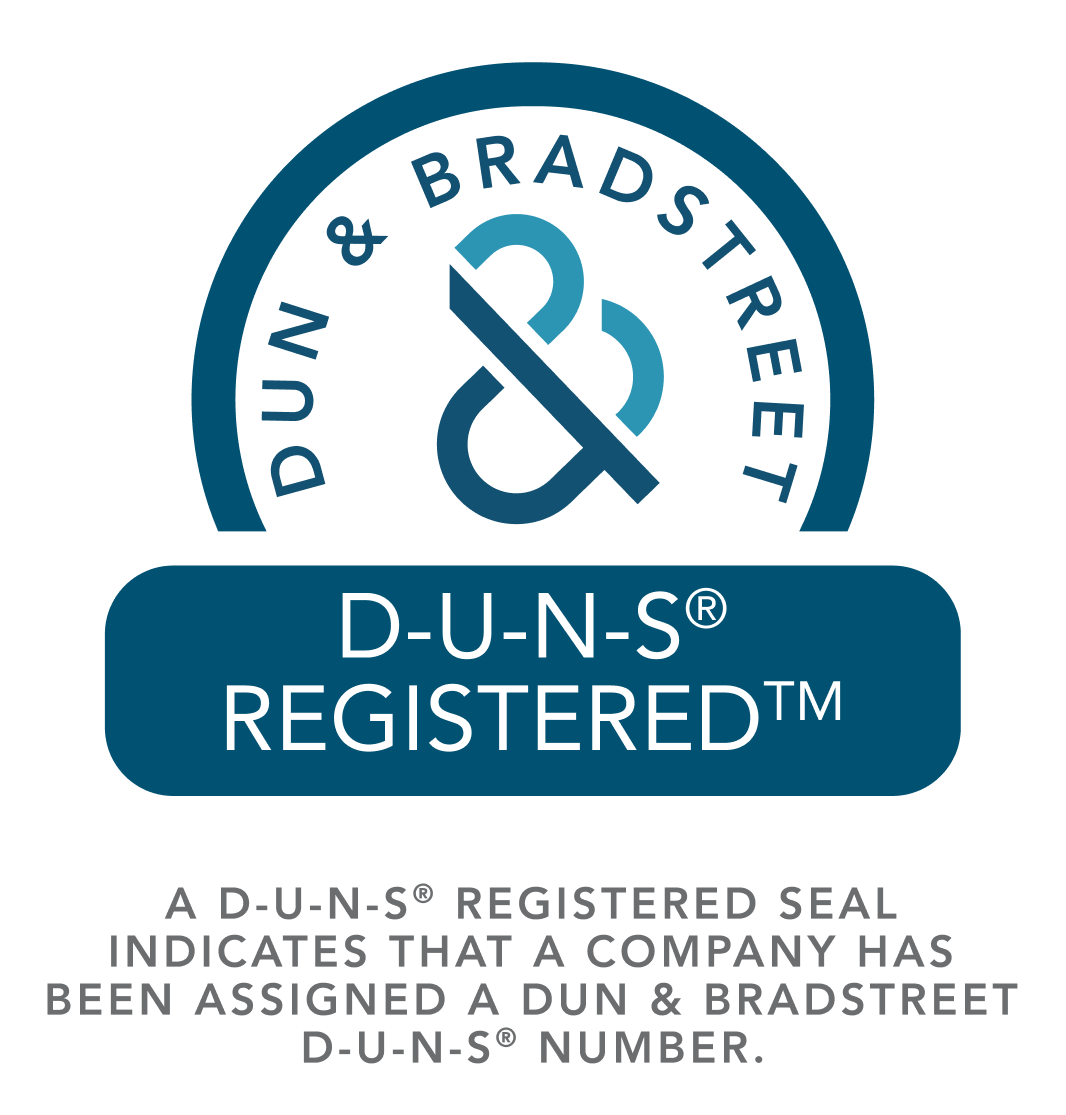
Identity Fraud Just Got Worse... 2 Ways to Spot it

Catching fraud of any type in your dealership is always priority #1 when getting a deal done. There are so many regulations and procedures in place to make sure you are selling the car to the right person through ID’s, pay stubs, and credit verifications. When the buyer is in front of you, it’s tough to get one over on a dealer.
But in the last few months, dealers have transitioned to more online retailing due to COVID-19 and the desire for a ‘touch-free’ delivery. Nearly everything can be done online from choosing a car to financing clear through to delivery.
Identity fraud has always been on the radar of dealers in an online selling environment. But in the last few years, there has been a twist to this common type of fraud and yes, it’s worse AND harder to uncover.
Synthetic ID fraud has a criminal constructing a completely new identity cobbling together personal identifiers from several different people. The address, SSN, date of birth, address, and name of separate people. Not one person but bits and pieces from a bunch of different unsuspecting people, often under a fictitious name.
Some call this ‘Frankenstein’ fraud. The fake buyer is literally assembled using a patchwork of personal info and because this new identity is usually cultivated over a period of a few years, it may not be obvious to those trying to root out the crime.
Here are 2 obvious tip-offs to synthetic identity fraud that can help save your dealership a lot of headaches and money...
- Pay Even Closer Attention to the Credit Report– One way to catch synthetic identity fraud is to look carefully at how long the buyer has had open credit versus their age. If your buyer is 40 years old and has his/her first credit account 5 years ago, that’s likely a synthetic identity. Anyone that old would have an older credit history than just a few years
- Be Careful with the At-Home Deliveries – One of the more obvious tip-offs for synthetic identity criminals is how they prefer to communicate with the dealership throughout the transaction. Most like to avoid direct human contact if possible and prefer text, fax, or email rather than have a conversation on the phone or meeting in person.
Click here to take a look at our truIdentity program as a valuable first step to helping your customers protect themselves from identity theft.

Synthetic ID fraud has a criminal constructing a completely new identity cobbling together personal identifiers from several different people. The fake buyer is literally assembled using a patchwork of personal info and because this new identity is usually cultivated over a period of a few years, it may not be obvious to those trying to root out the crime.

The increased concern over online F&I fraud, or ‘Frankenstein’ fraud, rages on in the news. And with dealerships leaning on digital sales throughout the COVID-19 pandemic, the risk of fraud, particularly buyers using false identities, has popped back into the F&I radar.

